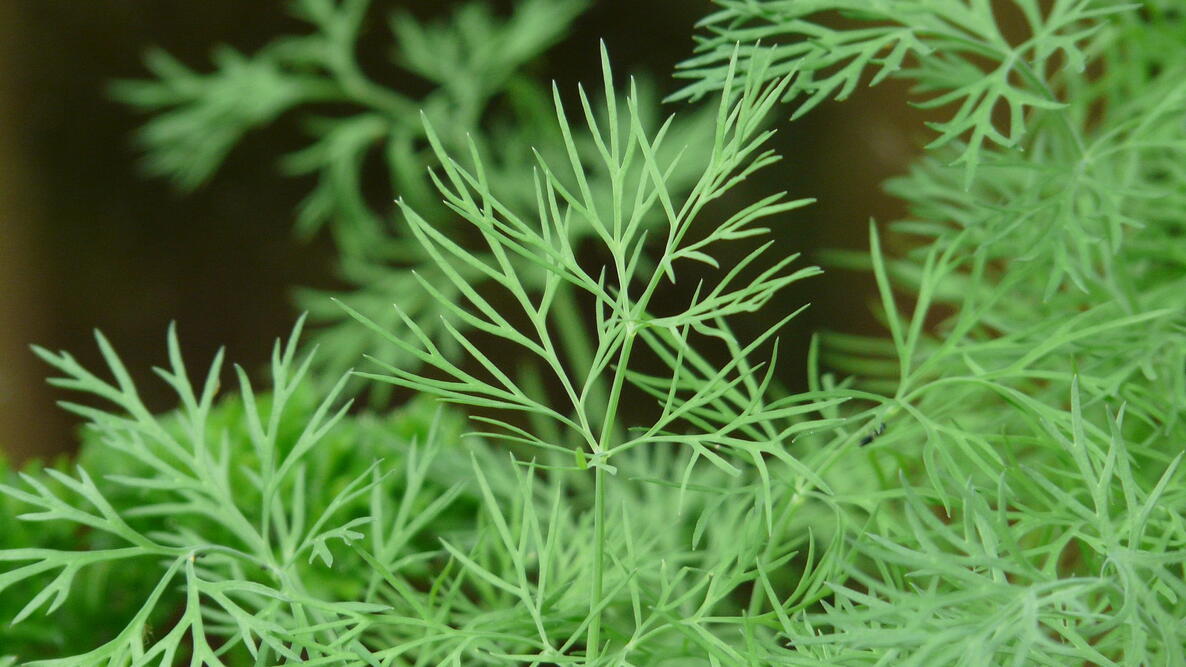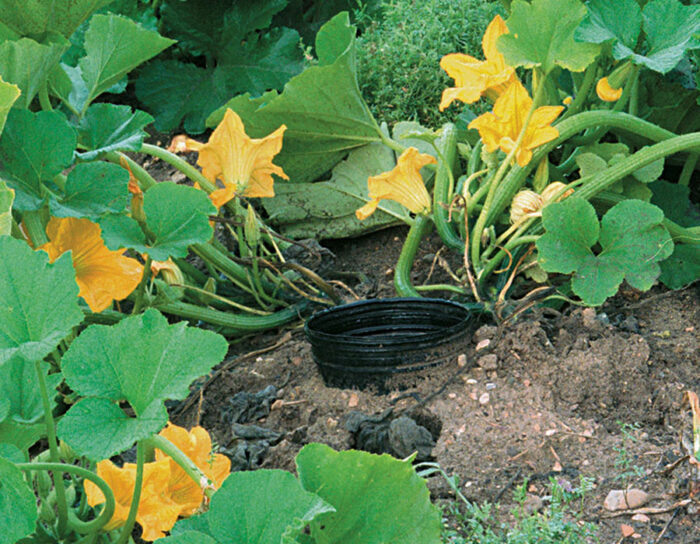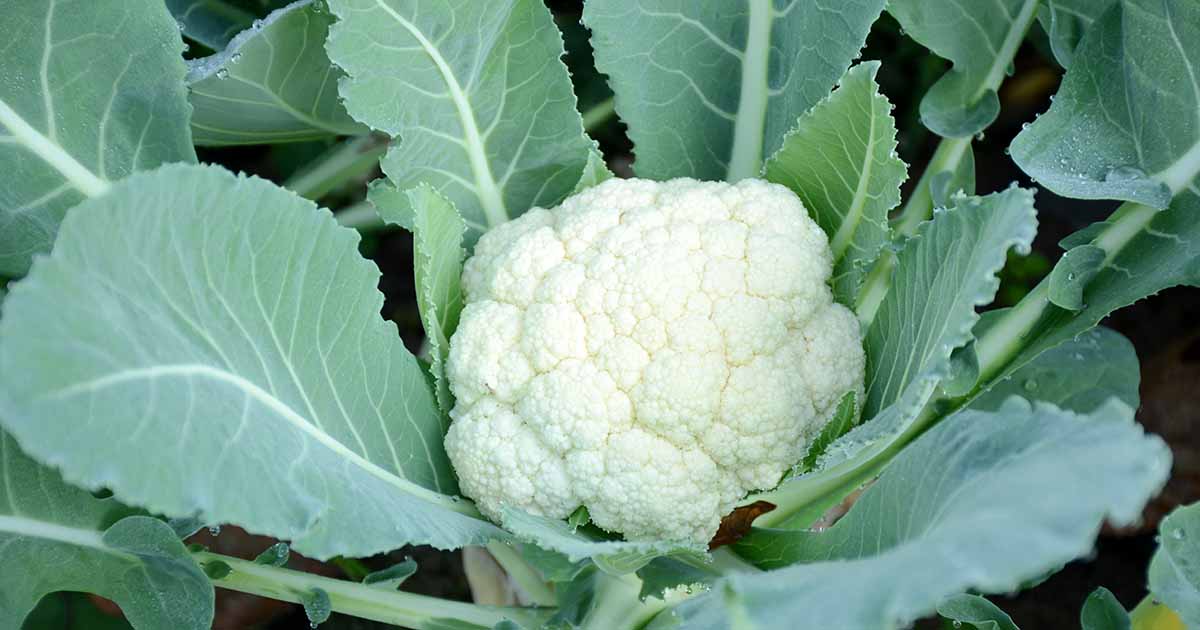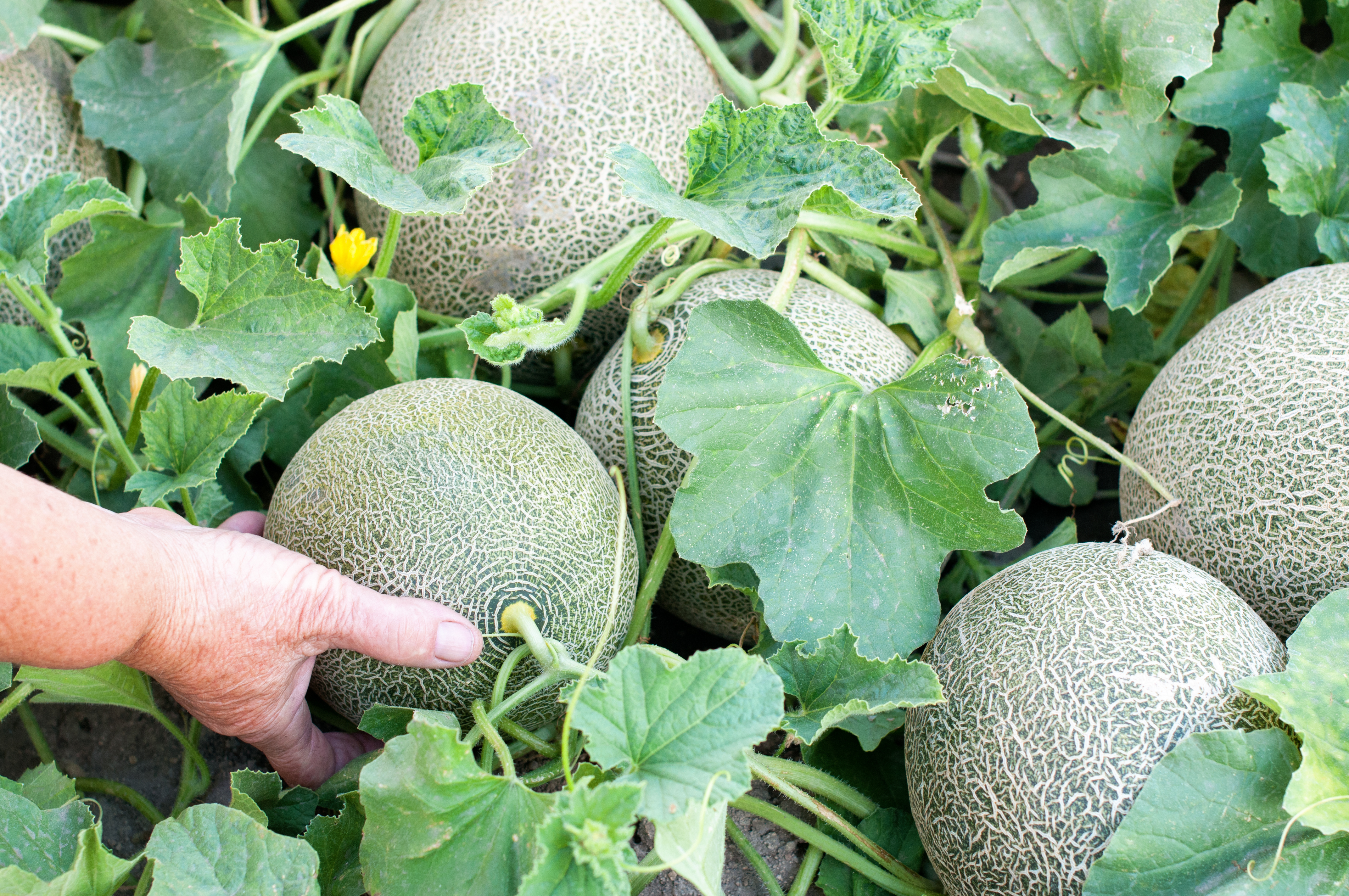Best Companion Plants For Lemon Balm
Introduction
Lemon balm (Melissa officinalis) is a popular herb that is known for its lemony scent and calming properties. It is a perennial plant that can grow up to 2 feet tall and wide. Lemon balm is easy to grow and can be propagated from seed or cuttings. It prefers full sun and well-drained soil.
Lemon balm is a beneficial plant to have in the garden. It can repel pests, attract pollinators, and improve the flavor of nearby plants. When choosing companion plants for lemon balm, it is important to consider the plant's needs and growth habits.
Main Content
Here are some of the best companion plants for lemon balm:
- Dill: Dill is a flowering herb that is known for its delicate licorice flavor. It is a good companion plant for lemon balm because it helps to repel pests, such as cabbage moths and aphids. Dill also helps to improve the flavor of tomatoes and cucumbers.

- Basil: Basil is another popular herb that is known for its strong flavor. It is a good companion plant for lemon balm because it helps to repel pests, such as mosquitoes and flies. Basil also helps to improve the flavor of tomatoes and other vegetables.

- Squash: Squash is a type of vegetable that is known for its sweet flavor. It is a good companion plant for lemon balm because it helps to repel pests, such as squash bugs and cucumber beetles. Lemon balm also helps to improve the flavor of squash.

- Broccoli: Broccoli is a type of vegetable that is known for its health benefits. It is a good companion plant for lemon balm because it helps to repel pests, such as cabbage moths and aphids. Lemon balm also helps to improve the flavor of broccoli.

- Cauliflower: Cauliflower is a type of vegetable that is known for its creamy flavor. It is a good companion plant for lemon balm because it helps to repel pests, such as cabbage moths and aphids. Lemon balm also helps to improve the flavor of cauliflower.

- Hollyhocks: Hollyhocks are tall, flowering plants that are known for their showy blooms. They are a good companion plant for lemon balm because they help to attract pollinators, such as bees and butterflies. Lemon balm also helps to improve the flavor of hollyhocks.
- Melon: Melons are a type of fruit that is known for its sweet flavor. They are a good companion plant for lemon balm because they help to repel pests, such as cucumber beetles and squash bugs. Lemon balm also helps to improve the flavor of melons.

- Angelica: Angelica is a tall, flowering herb that is known for its medicinal properties. It is a good companion plant for lemon balm because it helps to repel pests, such as carrot flies and cabbage moths. Lemon balm also helps to improve the flavor of angelica.
- Nasturtiums: Nasturtiums are colorful flowers that are known for their edible leaves and flowers. They are a good companion plant for lemon balm because they help to attract pollinators, such as bees and butterflies. Lemon balm also helps to improve the flavor of nasturtiums.

In addition to these plants, lemon balm can also be planted with other herbs, such as mint, sage, and rosemary. These herbs all have similar growing needs and can help to deter pests and attract pollinators.
Conclusion
Lemon balm is a versatile herb that can be grown in a variety of gardens. By choosing the right companion plants, you can help to improve the health and productivity of your garden.
Lemon balm is a beautiful and versatile herb that can be used in a variety of ways. It is also a great companion plant for other herbs and vegetables. Some of the best companion plants for lemon balm include:
- Basil: Basil and lemon balm are both Mediterranean herbs that thrive in warm weather. They also have complementary flavors, so they can be used together in cooking. Gardenia Inspiration
- Dill: Dill is a member of the carrot family, and it helps to repel pests that can damage lemon balm plants. It also attracts pollinators, which can help to improve the yield of both plants.
- Squash: Squash plants can benefit from the presence of lemon balm, as the herb helps to deter pests such as squash bugs and cucumber beetles.
- Tomatoes: Lemon balm can help to improve the flavor of tomatoes, and it can also deter pests such as aphids and whiteflies.
- Broccoli: Broccoli plants can benefit from the presence of lemon balm, as the herb helps to repel pests such as cabbage moths and loopers.
If you are looking for more information about companion planting with lemon balm, I recommend visiting Gardenia Inspiration. This website has a wealth of information on the topic, including a list of specific companion plants for lemon balm, as well as tips on how to plant and care for these plants.
Image of companion plants for lemon balm
- Tomatoes: Lemon balm can help to repel tomato hornworms, a common pest of tomatoes.
- Cabbage family: Lemon balm can help to repel cabbage moths, a common pest of cabbage family vegetables.

- Winter and summer squash: Lemon balm can help to attract beneficial insects, such as ladybugs and lacewings, which can help to control pests.
- Melon: Lemon balm can help to repel cucumber beetles, a common pest of melons.
- Flowers: Lemon balm can help to attract pollinators, such as bees and butterflies, which can help to pollinate flowers and vegetables.

Post a Comment for " Best Companion Plants For Lemon Balm"